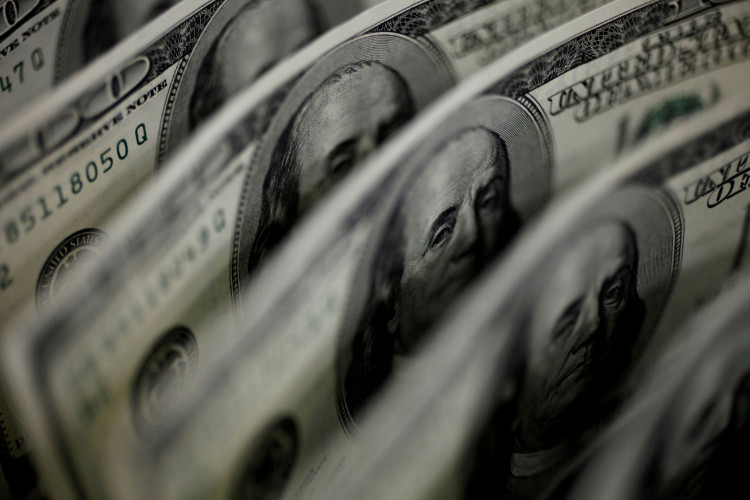According to market experts polled by Reuters, the dollar will rebound against most currencies in the following months, with the mounting fear of recession in the U.S. and worldwide keeping it firm in 2023 through safe-haven flows.
The dollar index fell more than 5% in November, its worst monthly performance since September 2010, owing to concerns that the US Federal Reserve will decrease the pace of rate hikes and that a pause is imminent.
While most analysts believe there is little room for further dollar gains based on monetary policy, the danger of deeper-than-expected economic slowdown and rising inflationary pressure means investors may be searching for riskier assets prematurely.
According to estimates by Reuters based on data from the U.S. Commodity Futures Trading Commission, speculative traders switched to a net short position on the dollar in November for the first time in 16 months.
Despite its recent setback, a Reuters survey of 66 foreign exchange analysts conducted from December 1-6 indicated that the dollar will continue to trade at about current levels and cling onto its over 10% gains this year.
Of the 51 strategists who responded to a follow-up question, nearly two-thirds, or 33, stated that the larger danger to the dollar for the upcoming month was that it would rise rather than continue to fall.
"Now that assets have re-priced, investors may be poorly positioned to face a period which could be characterized by persistent core inflationary pressures coupled with impending recession in Europe and potentially in the US next year," Jane Foley, head of FX strategy at Rabobank said.
"We foresee volatility levels remaining high in the coming months and expect it is too early for USD bulls to fully capitulate."
While the dollar outperformed practically every currency due to relatively better U.S. economic performance and higher interest rates compared to its major counterparts, that trade based on rate differentials was mainly coming to an end.
The Fed and most other major central banks are projected to conclude their tightening campaigns in early 2023. Based on monetary policy, an overwhelming 80% majority, or 42 of 51 respondents, thought there was little room for the dollar to rise.
Despite the dollar's recent weakness, major currencies are unlikely to recoup their 2022 losses versus the USD until at least late 2023, according to the survey.
The poll also revealed that despite some of China's zero-COVID regulations being relaxed, which raised hopes for an uptick in economic activity, the majority of emerging market currencies would decline over the next six months.
The Chinese yuan was anticipated to stay above that level for the next six months, despite having recovered about 5% after falling to a record low in November to trade below 7 per dollar.






